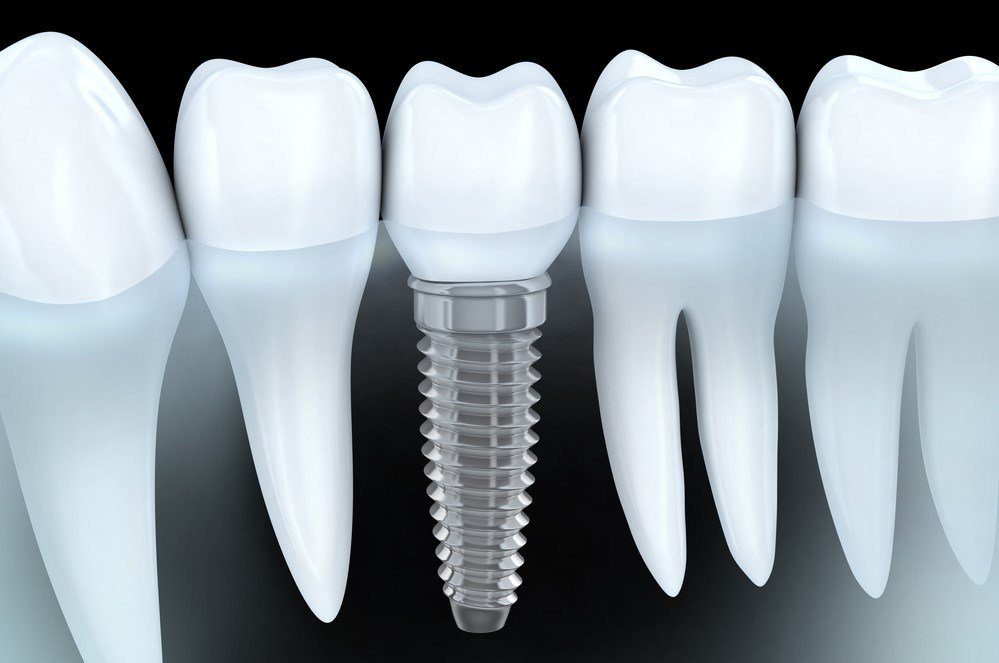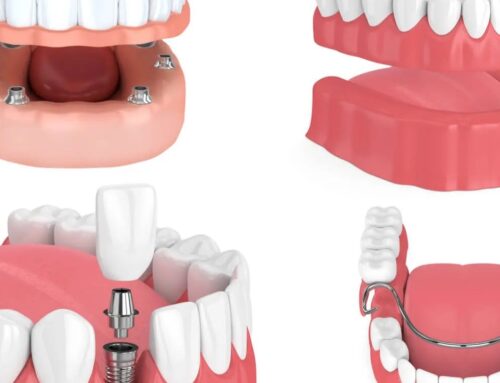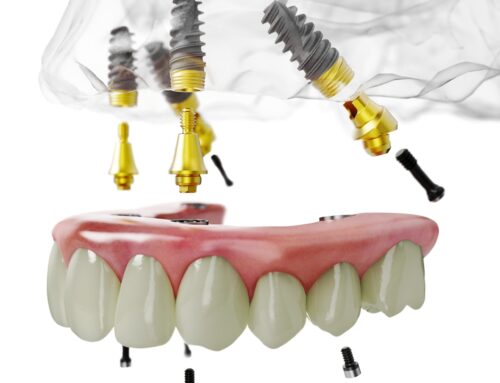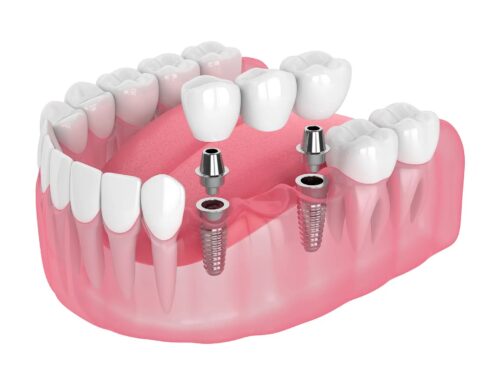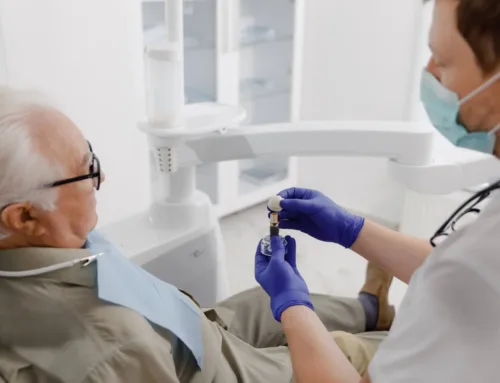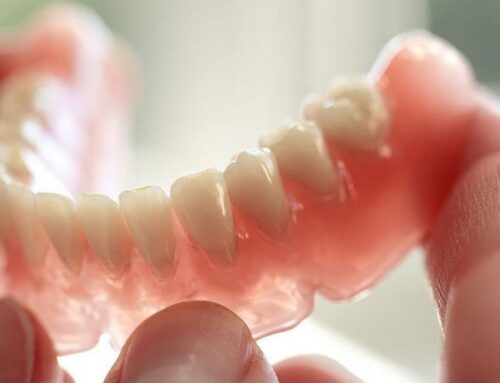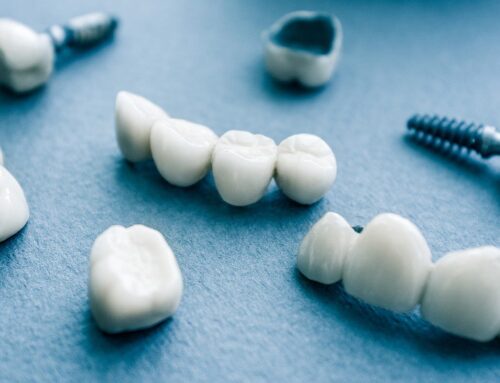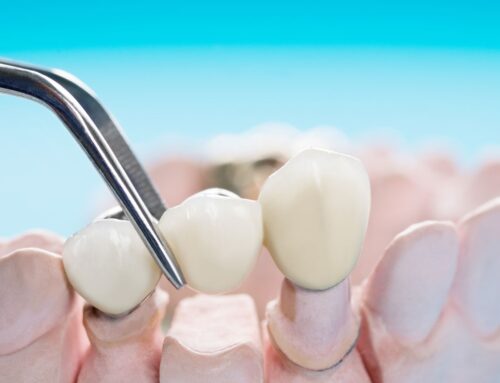Considering Dental Implants? Get to Know the Different Pros and Cons
It’s an unfortunate situation when a permanent tooth is lost and needs to be replaced. The reasons for lost teeth are generally unpleasant, such as an impact or accident that causes damage or trauma to the mouth and gums. Alternatively, the cause of the lost tooth may be a related oral health issue or condition that has led to weakened gums and loose teeth.
Regardless of whether your situation falls in to one category or the other, it’s absolutely essential that the main cause of the lost tooth be treated as soon as possible in order to prevent further damage or more lost teeth. This means getting immediate medical and dental attention in the event of an accident or having appropriate dental treatment to remedy the underlying oral health issue causing loose teeth.
Dealing with replacing the lost tooth itself requires choosing from several different treatment methods, all of which will present a unique set of advantages and disadvantages. Your dentist will ensure that all options are considered and that you are presented with the best choices for your specific situation, but it’s also important to understand why certain procedures will be recommended and some will not.
Such is the case with dental implants, which offer many significant advantages over some of the alternative treatments for lost teeth, and yet are not always the best choice for tooth replacement in all patients. Let’s first take a look at some of the specific instances that could result in a lost tooth. We will then explore some of the benefits that dental implants offer in these situations, as well as some of the reasons why they may not be the best choice for others.
Why Get Dental Implants?
The purpose of a dental implant is to replace a tooth that has either been lost or must be extracted, thereby filling in the gap in the teeth that would otherwise be visible and get the mouth back to proper and complete function.
People experience lost teeth for many different reasons, some of which are preventable and some of which are completely random and out of our control. Whatever the specific reason, it can be a frustrating and upsetting experience that patients want to have corrected as soon as possible.
One of the most common reasons for a lost tooth is an accident that involves an impact to the mouth or jaw, physically loosening the connection between the tooth (or teeth) and the firm tissue in the gums that hold the teeth in place. If the impact is severe enough, it may cause the tooth to be knocked completely out of its socket. In less drastic impacts, the tooth may still be in the socket, but is noticeably loose.
In certain situations of lost teeth due to impact or accident, it can be possible to have the original tooth re-situated back in the socket and allowed to heal. However, this is not always possible, and your dentist will make a recommendation on what they believe to be in your best interest and with the greatest likelihood of success.
Other reasons for lost teeth are generally linked to a related or underlying oral health issue. For example, gum disease and tooth decay that are the result of poor dental hygiene are common causes of weakened gum tissue that can end up with loose or lost teeth. Smoking and tobacco use can also exacerbate damage to the teeth and gums.
In the cases of tooth looseness or loss due to an oral health issue, it’s critical to take steps to treat the condition in order to halt the progression and begin to repair the damage. In more serious cases, this may require the tooth to be extracted. Otherwise, the problem will simply persist and result in other lost teeth in the future.
What are the Advantages of Dental Implants?
When considering options for replacing a tooth, a dental implant is widely accepted as one of the most effective long-term solutions. The reasons for this are plentiful, as a dental implant is the treatment option that results in the most natural looking and natural feeling replacement for the patient.
Dental implants offer a permanent and very secure connection between the jawbone and the implant itself, as the material used in the anchor portion of the implant is designed specifically to effectively fuse with the bone. The visible portion of the implant is customized to match the colour of your surrounding teeth perfectly, and you’d never know simply by looking which of the teeth are real and which are implants.
Implants also mitigates loss of bone density in the jaw that results from missing teeth. Once a tooth has been lost, the surrounding bone and firm gum tissue is no longer subjected to the regular pressure and stimulation from movements such as chewing, which results in a loss of bone density from the area. With an implant in place, the area once again receives this pressure and stimulation, and the bone loss is minimized.
Dental implants are also simple to care for and maintain. Most of the typical dental care habits that you’re already familiar and comfortable with apply to dental implants, such as brushing, flossing, and the use of oral rinses or mouthwashes.
What are the Disadvantages of Dental Implants?
Even with all these benefits, there are still some disadvantages related to the use of dental implants in certain situations. Not all patients are viable candidates for dental implants due to a variety of different factors, and in those cases alternative solutions must be considered.
The fact that dental implants require a surgical procedure can be enough to make some patients unable to move forward with implants. Although the process is safe and the results are proven, patients over a certain age may not be able to undergo the procedure. In addition, certain patients may have other health conditions, such as aversion to anesthetic or physical complications from illness or disease, that rule out dental surgery as an option.
In addition, some patients may simply not wish to undergo a surgical procedure and the healing process afterwards and may opt for a less invasive treatment option. Although the long-term benefits of dental implants are substantial, certain patients may select an alternative solution that offers immediate comfort and ease, even at the expense of permanence or longevity.
Another consideration that patients must make is related to cost. Some types of dental insurance coverage may not cover dental implants, and so the financial requirements might not be manageable for some patients. While dental implants do offer the best long-term solution for tooth loss, the initial cost can be higher than some other methods.
What are the Alternatives to Dental Implants?
When it comes to alternatives to dental implants, there are a few different options that may be offered to you, depending on how many teeth are in need of replacement and other factors related to your overall oral health.
A dental bridge may be a viable option if implants are not deemed appropriate for you. Dental bridges are most commonly used in the replacement of single teeth only, as they rely on the natural teeth on either side of the gap as supports for the bridge. This requires the supporting teeth to be ground down and shaped in order to accommodate the fixing of the bridge. Although a bridge does provide a solution to a missing tooth., it is not quite as stable or secure a solution as a permanent implant.
Another type of bridge affixed with resin, sometimes known as a Maryland bridge, may be used in the event that a front tooth is the one that is missing. Maryland bridges are not suitable for teeth that are used for grinding or chewing, as the pressure and stress of these actions are not ideal for the strength of the resin bond.
For multiple missing teeth, a removable partial denture may be recommended. These appliances are supported by the surrounding teeth, similar to a bridge, but this option is removable and less invasive, as there is no need to shape or grind down the other teeth in order for it to work.
Getting Started with Dental Implants
Overall, dental implants are considered to be the preferred method of replacing teeth, as they offer the best combination of natural look and feel with permanence and added health benefits.
If you or someone you know is missing a tooth and would like to obtain more information on options for replacing the tooth, get started today by contacting the team here at Georgian Dental®. Our professionals will take care to answer all of your questions and recommend the best solution for your needs.
Let us help you get your smile back in style!
Appointment Request
If you’re interested in any of our procedures, and would like to meet with one of our dentists to discuss options, costs and get additional information, complete this short form and we’ll give you a call to arrange for a no-obligation appointment at our Barrie clinic.
